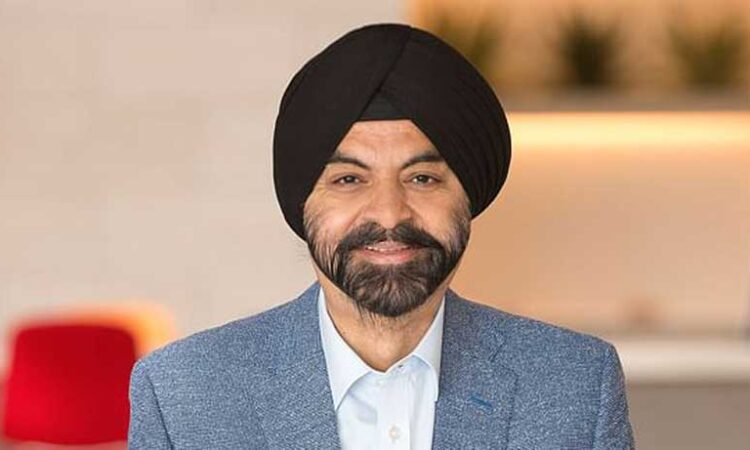
The new nominee for president of the World Bank announced by the White House is Ajaypal Singh Banga. He was promptly affirmed by 25 members of the bank’s board — Russia abstained. Mr. Banga belongs to a family of high achievers:
His father, Harbhajan Singh Banga retired as a Lt. General in the Indian army, heading the Electrical and Mechanical Engineers and receiving awards for distinguished service in the Indo-Pakistan wars of 1965 and 1971.
Mr. Banga’s elder brother won the gold medal for academic excellence at the Indian Institute of Technology, Delhi. He then did the same at the Indian Institute of Management in Ahmedabad topping his class. He joined Hindustan Lever and rose to become CEO in India. His services were clearly in demand for he was elected Chairman of parent Unilever in the UK. In 2023, it reported annual revenues of over 52 billion Euros. Aside from soaps and detergents, the company owns familiar brands in the US like Hellmann’s for mayonnaise, Ben & Jerry’s, Dove soap, Lipton tea and Persil detergent.
Ajaypal himself began his career in India working for Nestle and Pepsico. In 1996, he joined Citigroup rising to head the bank’s global consumer group including credit card operations. He was chosen to head the bank’s Asia-Pacific business, splitting his time between Hong Kong and New York.
It was a natural move for him to lead a corporation in its entirety. He became Chief Operating Officer at Mastercard becoming CEO in 2010. During his tenure net income grew by a factor of six and market capitalization rose ten times to $300 billion.
As new chief of the World Bank, Mr. Banga heads an organization that fosters long term growth and development in needy countries. Its projects range widely in scope, and it has been involved in building schools, providing safe drinking water, fighting disease and protecting the environment.
The World Bank aims to work towards building stable institutions that will ensure continuity when its own staff and experts depart. If these are clearly positive aspects of the Bank’s approach, there are also negatives.
Critics point to some of its structural reforms and the push for privatization in the countries where it has operated. The results are mixed because the subsequent decline in social spending means the poor get poorer — becoming a source for even cheaper labor so that the rich become richer.
The bank has also been a traditional source of finance for dams although in recent years Chinese financial institutions have been taking over this role. Dams may bring benefits like low cost electricity after the dam has been built, but there are negatives like displacement of residents from areas to be flooded. Thus the very large Narmada Dams project has been vigorously opposed by novelist and activist Arundhati Roy. The efforts by her and others delayed the project’s completion until 2019 by launching a mass movement, the Narmada Bachao Andolan i.e. save the Narmada river, for the whole project constructed large and small dams along a 1312 km length of the river. It ended up displacing 33 million people from their homes.
Such is the way of modern development. One can only hope Mr. Banga, who, having spent a large part of his life in a developing country, India, will have greater sympathy for poor farmers.





